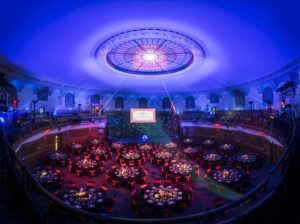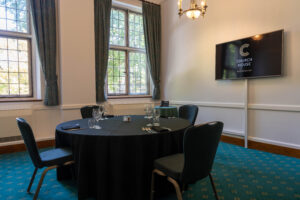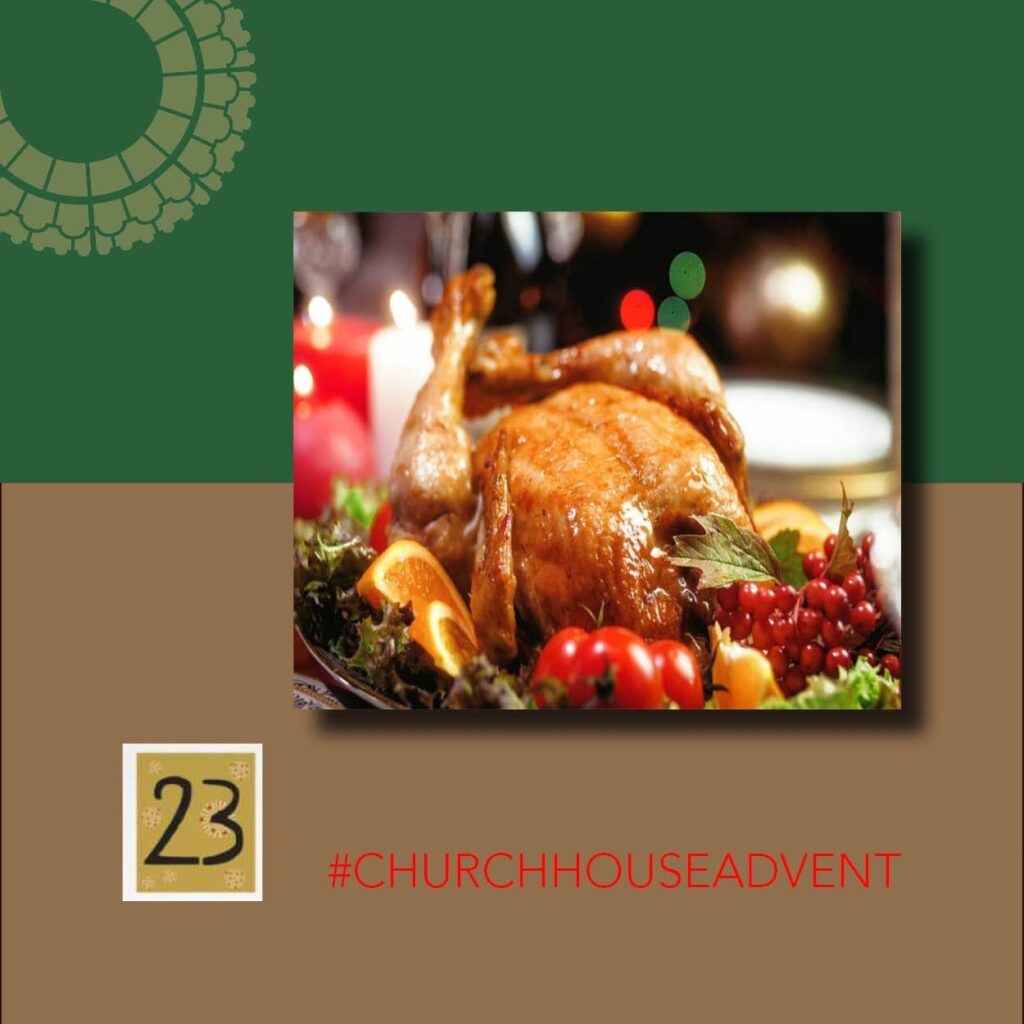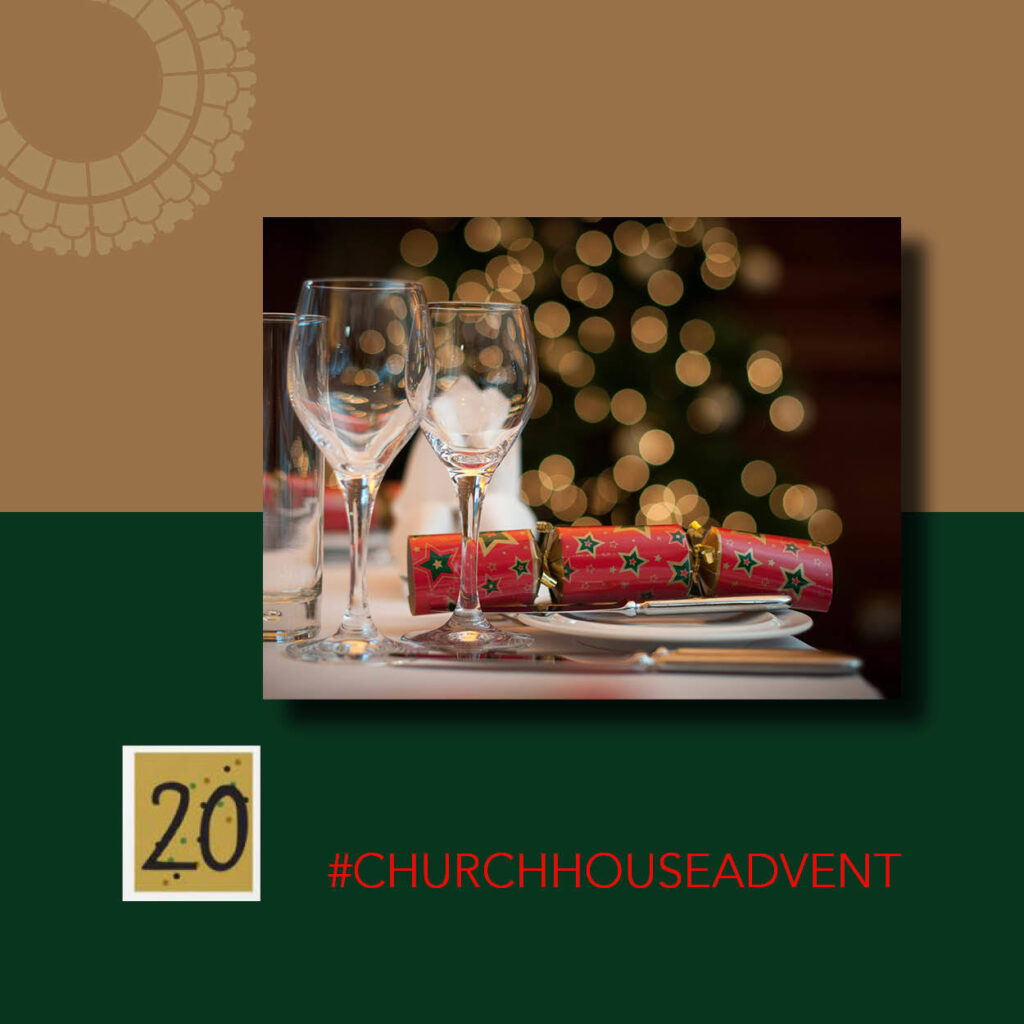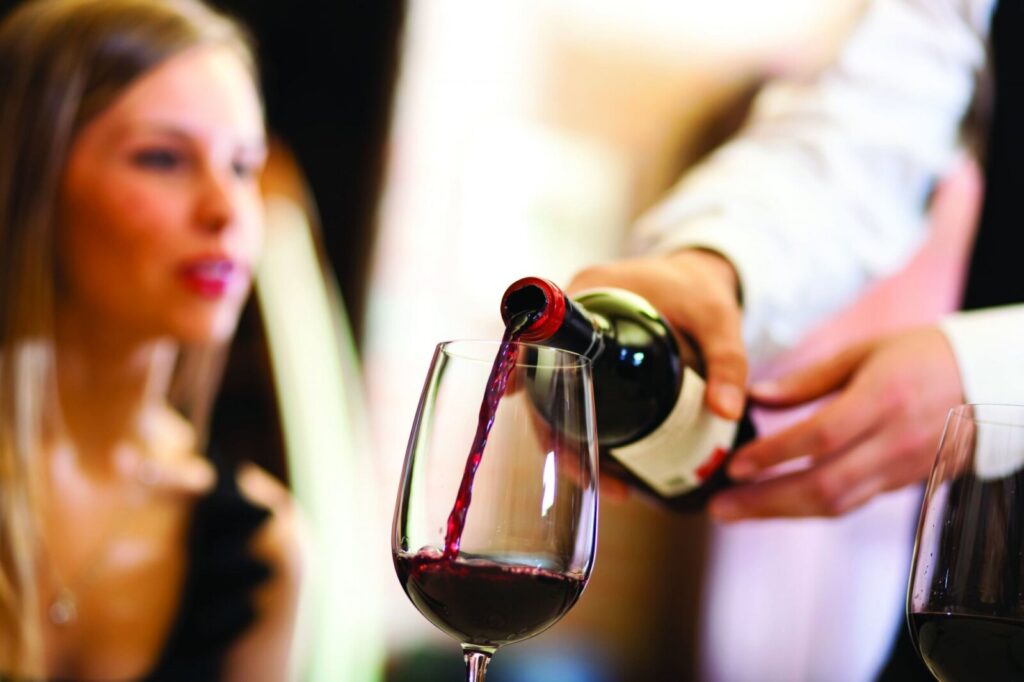
Making the switch to biodynamic wines
Earlier this month we read in The Drinks Business (db) that China’s oldest and largest wine producer, Changyu, is in the process of converting its 250-hectare Château Changyu Moser XV estate in Ningxia to biodynamic viticulture. This news reinforced our enthusiastic commitment to continue to increase our range of biodynamic wines on offer at Church House.
The swap to biodynamic wines is not a fad, but an increasing movement as Changyu’s chief winemaker, Lenz Moser, explained: “When it comes to the wine world, I think being organic or biodynamic will be a no brainer in a decade, and practically a requirement of the industry.”.
We’ve asked our Catering Manager from CH&CO, Magda Kujda, what’s behind the rise of biodynamic wines and why event organisers should consider biodynamic wines for their next event.
Question: Explain biodynamic wines in a sentence.
At heart, bio-dynamic wines embody environmental stewardship by championing chemical-free farming and winemaking with the fewest possible additives and manipulations.
Question: What sets bio-dynamic winemaking apart from other winemaking practices?
Biodynamic winemaking adds in practices for enriching the soil, planting, pruning, and harvesting based on the moon cycle and astrological signs.
Question: Are biodynamic wines the same as organic wines?
All biodynamic wine is organic. The organic practices are the baseline. In biodynamics, however, there are a whole series of practices on top of that to enhance the health and vitality of the whole farm.
These include:
– having a deep, personal connection to the land,
– cultivating biodiversity,
– recycling all organic waste through composting,
– and working with nature’s rhythms including the movement of the sun, the seasons and lunar cycles.
The farm is seen as one living organism — below ground, above ground, the vines, the hedgerows, everything. If the parts are all healthy, the farm is healthy.
Question: What are the benefits of these biodynamic farming practices?
Sustainability. The range of practices is not only ecologically sound but also economically viable and socially responsible. Biodynamic winemaking aims at the ecological self-sufficiency of farms as interconnected living systems. Treating the soil right on a practical level helps farmers to keep costs down while making the wine taste better and on a philosophical level to help protect the vineyards’ ecosystem and, by default, the ecosystem of the planet.
Question: What biodynamic wines are available to event organisers at Church House Westminster?
Our biodynamic wines are selected from a middle range price, making the choices affordable which offer great value for money. In addition, the biodynamic wines are all suitable for vegetarians and vegans.
• Viento Aliseo Viognier Dominio de Punctum, Spain, 2016, ABV 13%
The palate is full of white blossom, magnolia and peach flavours, balanced perfectly with a refreshing, citric acidity. The perfect drink with Thai curries, ginger, and lightly spiced dishes.
• Viento Aliseo Tempranillo Petit Verdot Dominio de Punctum, Spain, 2016, ABV 13.50%
The palate is full and smooth with notes of blackberries, redcurrants and a touch of sweet spice. Enjoy this wine with roasted meats especially game such as pheasant.
• Viento Aliseo Rosado Dominio de Punctum, Spain, 2016, ABV 13%
A lovely, delicate pink colour, this biodynamic rose is made from 100% Bobal grapes. Serve chilled as an aperitif or alongside charcuterie or a salmon or prawn salad.
• Ruminat Primitivo Lunaria Biodynamic, Italy, 2017, ABV 14%
The palate is soft and smooth with notes of sweet black cherries and blackcurrant fruits. Try this wine with dry cured meats and mature cheeses
Under the brand Lunaria, they support the activities of the WWF #soslupo campaign to protect native wolves in Abruzzo and Calabria. The campaign includes a petition banning the killing of the wolves, marine turtles and a series of actions on anti-poaching, management of stray dogs and dedicated monitoring of the species in the two regions.
Take a look at the wine list of Church House Westminster.
Contact one of our dedicated Event Coordinators to find out more and to arrange a wine and/or menu tasting for your next lunch or dinner event at Church House Westminster.
